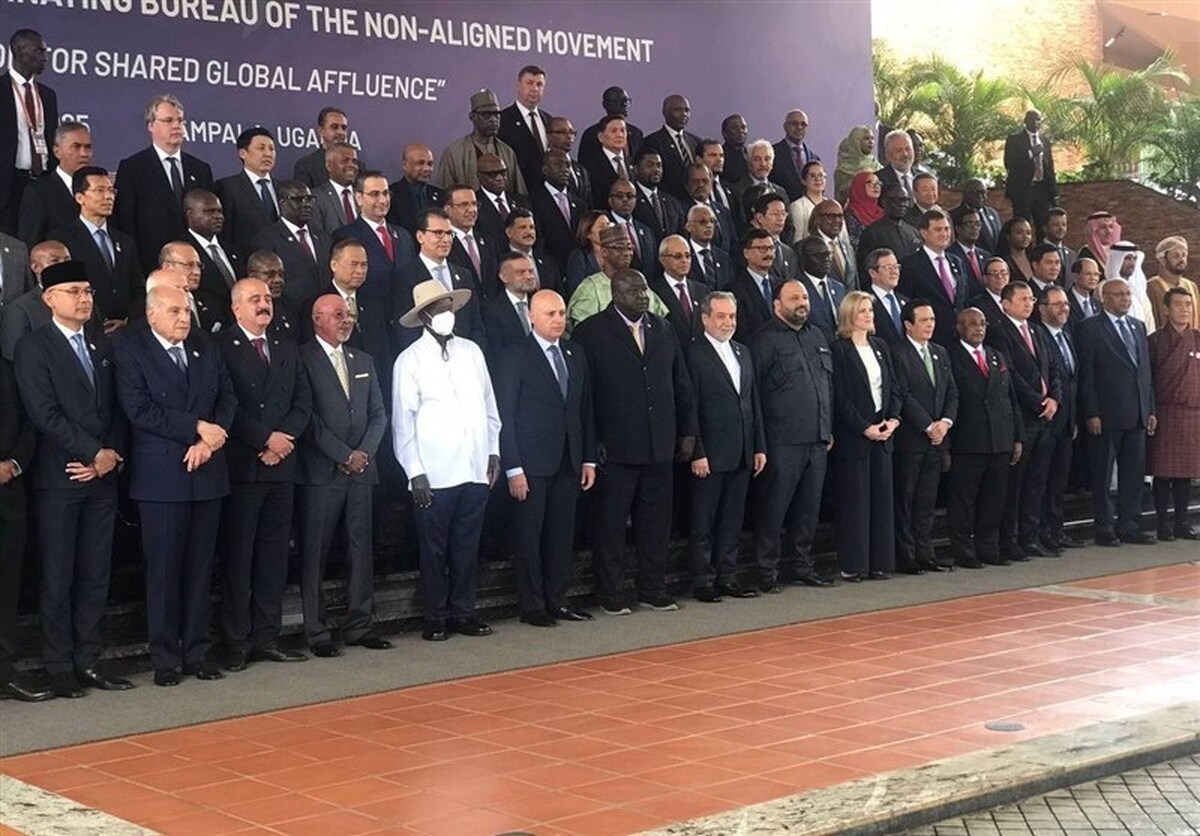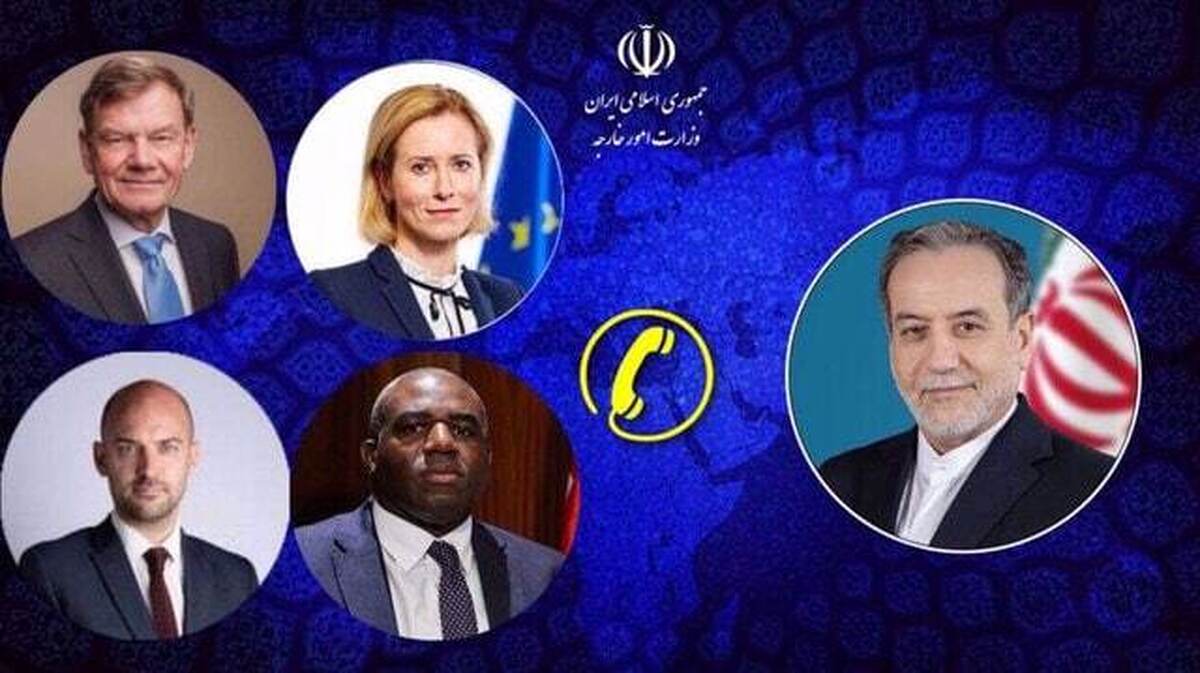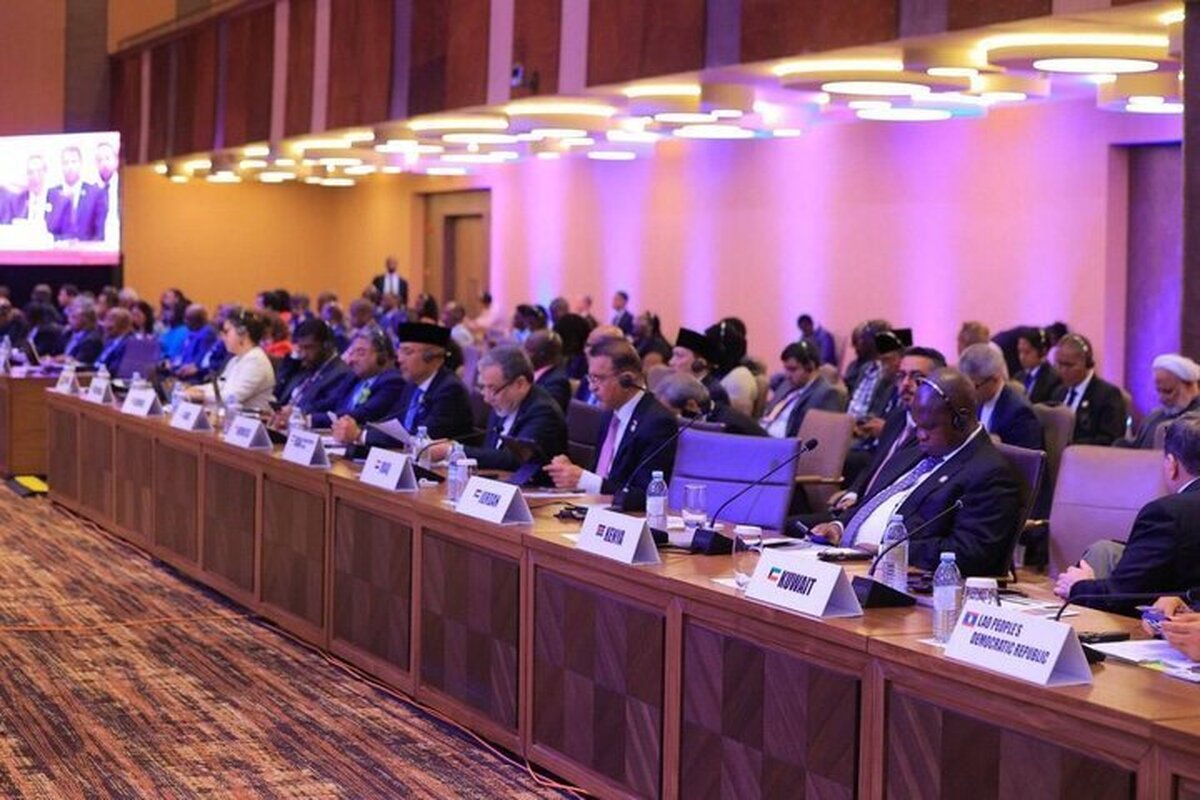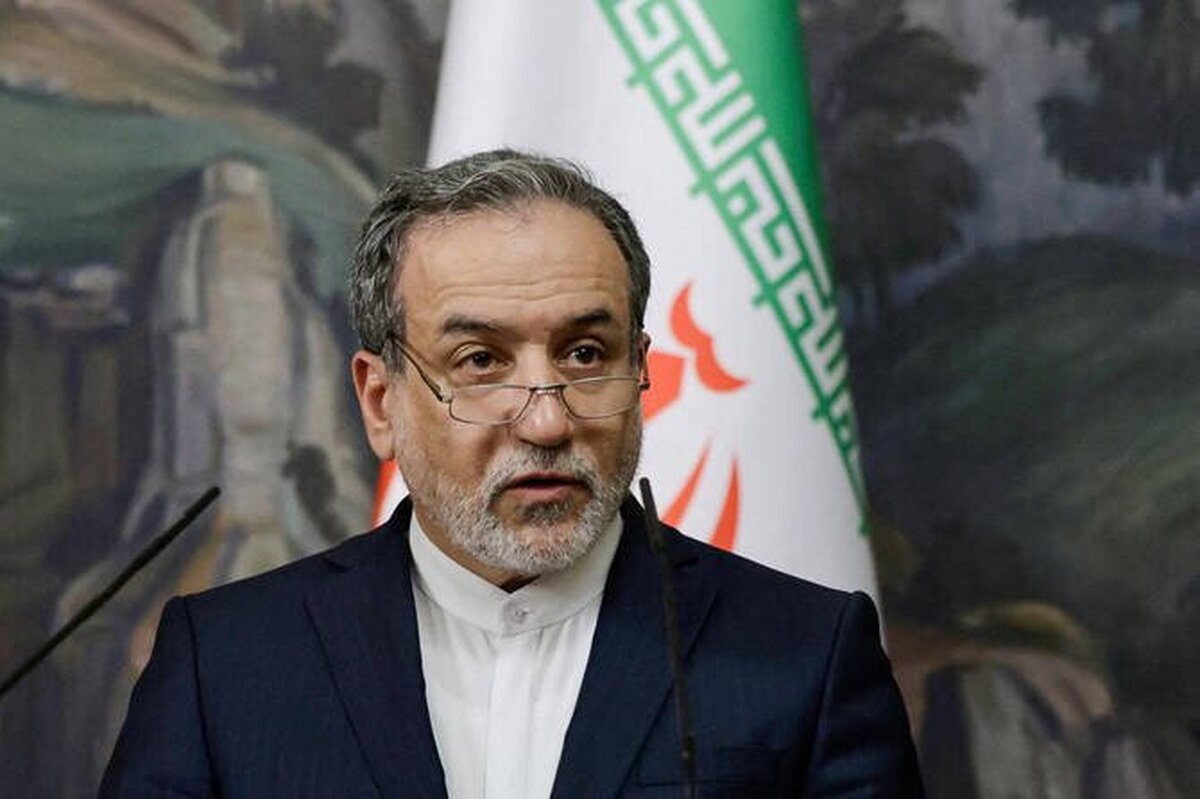
Iran warns Europeans to drop 'worn-out policies of threat, pressure'

Iranian Foreign Minister Abbas Araghchi says the EU and European troika need to abandon their “worn-out policies” of threat and pressure if they seek to play a role in the possibly new round of nuclear talks between Iran and the United States.
Araghchi said in a post on his X social media account on Friday that he had made the statement in a joint teleconference with the foreign ministers of Germany, France and Britain as well as EU foreign policy chief Kaja Kallas.
Stressing that Washington left the negotiating table once in 2015 and then this June by opting for a military campaign against Tehran, Araghchi said any new round of talks was only possible if the other side sought to reach a “mutually beneficial nuclear deal.”
“It was the US that withdrew from a two-year negotiated deal -coordinated by EU in 2015- not Iran; and it was US that left the negotiation table in June this year and chose a military option instead, not Iran,” the Iranian foreign minister said. “Any new round of talks is only possible when the other side is ready for a fair, balanced, and mutually beneficial nuclear deal.”
Pointing to repeated European threats about the activation of a mechanism that would re-impose hefty sanctions on the Islamic Republic, Araghchi said, “If EU/E3 want to have a role, they should act responsibly, and put aside the worn-out policies of threat and pressure, including the "snap-back" for which they lack absolutely no moral and legal ground.”
The Iranian Foreign Ministry has previously warned that any attempt to trigger the so-called snapback mechanism to reimpose UN sanctions amounts to a confrontational move that would draw an appropriate response from Tehran.
Snapback would bring into force six previous Iran-related Security Council resolutions adopted between 2006 and 2010. It would reinstate the expired UN arms embargo that barred countries from supplying, selling, or transferring most military equipment to Iran and prohibited Tehran from exporting any weapons.
It would also impose export controls, travel bans, asset freezes, and other restrictions on individuals, entities, and banks.
Iran and the United States held five rounds of indirect talks on the former’s peaceful nuclear program before June 13, when the Israel launched an unhinged US-backed aggression on the Islamic Republic, assassinating many high-ranking military commanders and nuclear scientists in addition to civilians.
Mediated by Oman, the 6th round of talks was planned to be held in the Omani capital of Muscat on June 15, but was called off due to the anti-Iran attacks.
On June 22, the United States officially joined the war against Iran by launching attacks on three nuclear facilities in the country in violation of the United Nations Charter and the Non-Proliferation Treaty.
Iran in response fired a barrage of missiles on Al Udeid US Airbase in Qatar, which is the largest American military base in the region./isna




